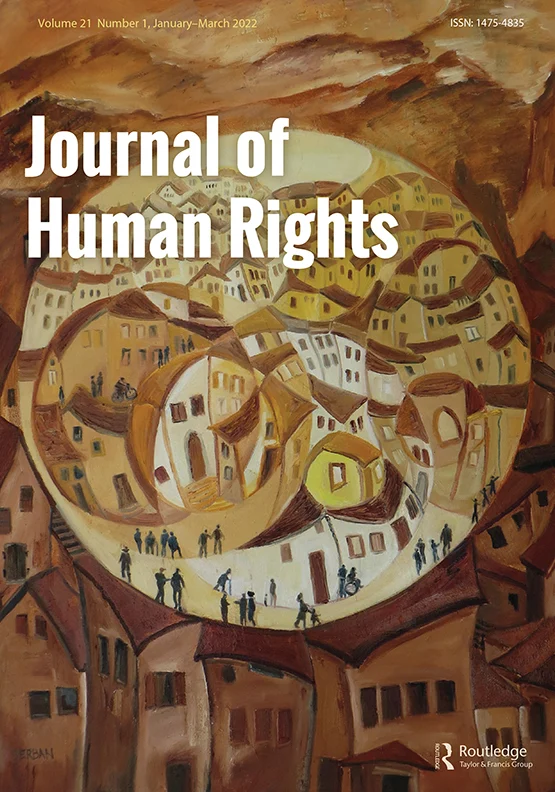In the summer of 2020, the Belgian Parliament established a Special Parliamentary Commission tasked with launching an enquiry into Belgium’s overseas colonial legacy and reflecting on appropriate reparations. It was the first consolidated democracy to establish a truth commission to investigate the historical and ongoing injustices related to overseas colonialism. In this article, I argue in favor of treating this commission as a truth commission and focus on the extra-legal and expressivist functions of truth commissions to understand potential long-term and indirect effects of this initiative. The central premise is that justice processes can shape and create meaning systems that gain the status of “truth” and can come to dominate how we understand and organize ourselves and our social world. In the descriptive section, I use primary sources to examine the genesis, mandate, composition, first steps, and reception of the commission’s work, foregrounding critical voices. In the analytical section, I examine whether the commission is indeed furthering a thick kind of accountability or whether, instead, it risks cementing and contributing to epistemic injustices. As such, the article provides a detailed overview of a commission that has been scantly covered in academic literature, as well as contributing to the debate about potentially unforeseen effects of using transitional justice processes such as truth commissions in consolidated democracies.
Belgium’s ‘Truth Commission’ on its overseas colonial legacy: An expressivist analysis of transitional justice in consolidated democracies
Article by Prof. Tine Destrooper in the Journal of Human Rights

Released in 2022
Available at:
- Journal of Human Rights



